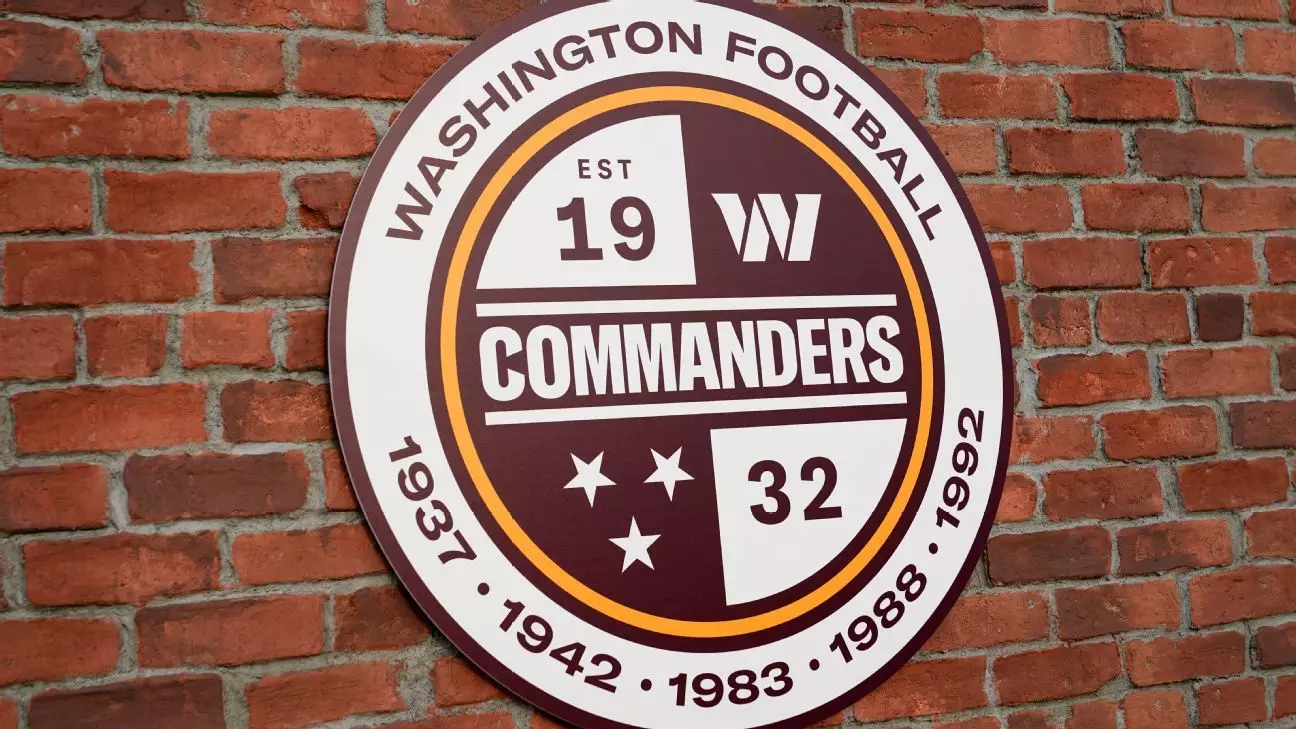The recent developments surrounding Washington D.C. and the NFL have ignited a renewed enthusiasm among fans and residents alike. Following a significant agreement to bring the Washington Commanders back to their historical roots, the news of the city hosting the 2027 NFL Draft adds even more excitement. Having secured this prestigious event, D.C. stands at the forefront of a cultural revival, demonstrating its potential as a vibrant hub for American football. The draft, set to take place on the iconic National Mall, represents not just an event but a pivotal moment in the city’s sporting narrative.
The Economic and Cultural Impact
Hosting the NFL Draft is more than just a win for local sports enthusiasts; it carries substantial economic implications as well. Past drafts have attracted massive crowds, with Detroit’s stunning turnout of 750,000 illustrating the kind of enthusiasm and economic vitality such events can bring. With the careful orchestration of logistics, such as transportation and accommodations, the local economy is likely to experience a significant boost. Beyond economics, the draft serves as an opportunity to showcase the city’s culture, vibrancy, and connectivity as a host, potentially reshaping perceptions about D.C. as a sports town.
A Commanders Revival Under New Ownership
The Washington Commanders, once marred by controversies and mediocre performances under former owner Dan Snyder, have undergone a remarkable transformation under Josh Harris. His acquisition of the team heralded a new vision, steering the franchise towards success with a focus on rebuilding both its roster and community relations. The turnaround from a dismal 4-13 season to a promising 12-5, culminating in an appearance in the NFC Championship Game, highlights the efforts of new general manager Adam Peters and head coach Dan Quinn. Additionally, rookie quarterback Jayden Daniels has emerged as a rising star, further igniting hope for loyal fans.
Future Prospects: Super Bowl Dreams?
With the Commanders’ pending plans for a new multi-billion dollar stadium, which includes the team absorbing a substantial portion of the cost, the franchise is signaling long-term commitment to its future. As NFL Commissioner Roger Goodell noted, a state-of-the-art facility could pave the way for D.C. to host a Super Bowl, a proposition that’s both exciting and ambitious. It raises the question: can the capital reclaim its place as a powerhouse not only in football but also in the broader narrative of American sports? The optimism surrounding the new stadium project, pending D.C. Council approval, reflects a community yearning for a deeper, collective identity in professional sports.
The Community’s Role in this Evolution
An essential element of this evolution involves the engagement and support of the D.C. community. Fan loyalty, local businesses, and civic pride will play crucial roles as the Commanders look to solidify their place in the city’s fabric. As plans for the draft unfold and discussions for the new stadium progress, fostering a sense of collaboration between the team and its supporters will be vital for lasting success. This is an opportunity for D.C. to galvanize its fans and illustrate that a vibrant football culture can thrive within urban spaces.
Washington D.C. is not merely preparing to host another NFL event; it’s on the verge of redefining its relationship with football, its community, and its identity. With the Commanders leading the charge, the city stands ready to reclaim its position on the national sports stage.

